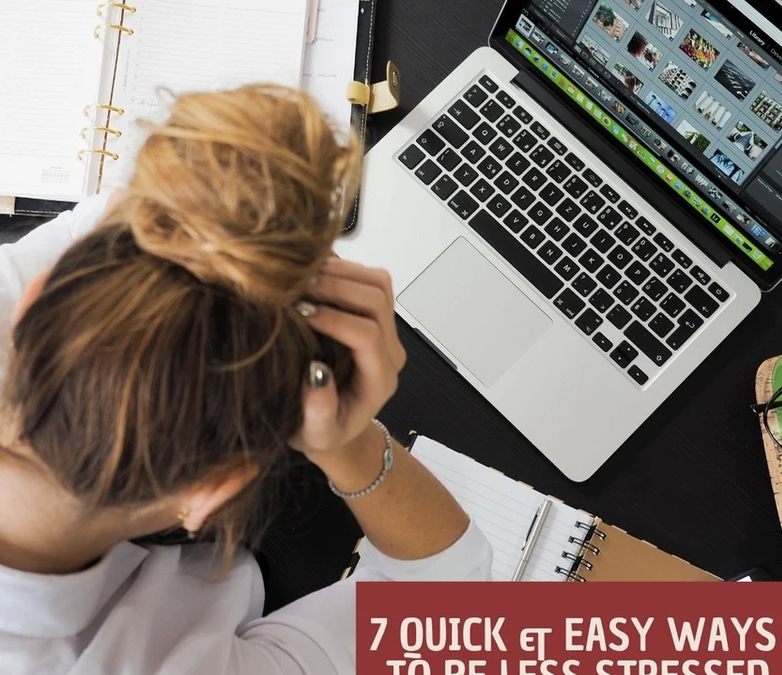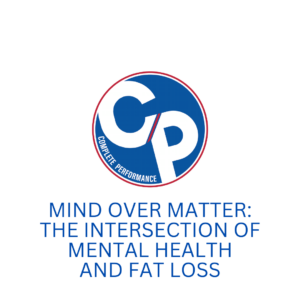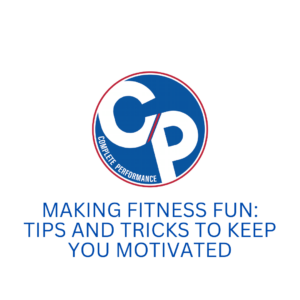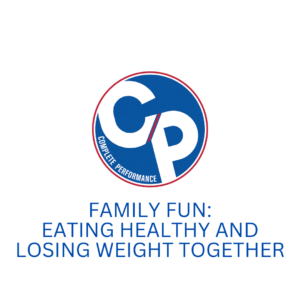Virus turned global pandemic.
Increased joblessness and job insecurity.
Swarms of deadly locusts.
Global Wildfires.
Important matters of social justice.
Death of MAJOR celebrities (#24).
And I’m not even going to TOUCH politics because what I’m really trying to say is that 2020 has thrown us some SERIOUS curveballs.
Do we REALLY wonder why the number of individuals reporting more stress and anxiety has skyrocketed?
NO!
SO, why do we wonder why we’ve put on the COVID 19#?
Or get frustrated by the fact that we’re not losing weight or fat?
Or we’re wondering WHY we’re feeling a little extra bloated and fluffy lately?
IT’S ALL THE STRESS.
But when you’re looking to lose body fat and change your body composition, people don’t talk about that…
No, it’s all about calories, macros, and knocking out the toughest looking workouts.
Why?
Because we’ve been trained that fat loss comes from doing more, more, and more.
Stress management on the other hand comes from doing less, less, and less.
It’s not sexy or attractive when you’re trying to get sexy and attractive.
But a stressed-out body pushing fat loss is ANYTHING but sexy and attractive…
So, how do you know if you have a stressed-out body?
Well, since I’m going to give you 7 tips for getting less stressed, I’m going to give you 7 tips for identifying if you’re living in what I like to call – Stress Bod.

Okay, so you have some indications of what a Stress Bod looks like, what can you do to LOOK and FEEL less stressed?
7 things!
#1 Look for Hidden Stressors
When you think about stress, I’m willing to bet 2 to 3 things come to mind almost immediately.
But do you have any hidden stressors?
Things that secretly drain you mentally and physically day in and day out?
These are the things we need to manage better or eliminate.
“Why those?”
Well, because those things that immediately came to mind probably aren’t going away anytime soon.
You have little control over those major stressors…
Those major stressors are things like work, family, finance, etc.
Hidden stressors could be things like:
- The organization of your house, car, and workspace.
- How you prepare for your tasks, jobs, and days.
- The time you wake up or go to bed.
- Certain activities you aren’t TRULY interested in.
Audit your day and look for things that create stress and get creative in creating a solution.
#2 Sleep
Here’s the thing with sleep – if you’re not focusing on it, it’s hurting you.
You’re not getting as good of sleep as you could.
You’re probably sleeping with your phone or bright alarm clock nearby.
Maybe the TV is on.
The room isn’t quite cool enough.
Your pillow or bed isn’t comfortable enough.
You don’t have a nighttime routine or give yourself time to wind down.
And the most common – you’re shorting yourself on the amount of TIME.
Here’s the deal, the ONLY time your body can truly reset and utilize ALL stress relief tactics is when you sleep!
Now, take a look back at that list of things that could be taking away from your sleep.
Do you see why I say that if you’re not focusing on it, it’s hurting you?
There are SO MANY things that can prevent you from getting adequate sleep, so if you want to look and feel less stressed, it’s time to make it a priority.
Here are some things to take into consideration:
- Set a nighttime routine – include how you undress, take care of personal hygiene, reading or journaling, etc.
- Get DARK – That means no TV, no bright night lights, no bright alarm clocks, and no phone lights.
- Cool Down – Keep the room temperature at or around 68-70 degrees.
- Cut the Electronics – Turn off the TV, put down the phone (and put it away from your bed), and turn off the tablets.
- BLOCK TIME! Make sleep a non-negotiable time for you and block ENOUGH time for you.
#3 Micromanage Your Micros
It’s not too often I promote management of your micronutrients ahead of food quality, calories, and macronutrients but here I am…
Why the change?
Well, when you’re overly stressed, your body is working on overload to combat the wear and tear that takes place when your body is facing stress.
All of my clients are advised to boost their fruit and veggie intake when stressed because it boosts their micronutrient intake.
Now, there’s one big thing to note with this…
When you’re stressed, you’re more likely to crave some salty and sweet snacks, which means you’re much less likely to WANT to eat your fruits and veggies.
But do you want to know a secret?
The more fruits and veggies you eat, the more your body craves them!
If you struggle to eat fruits and veggies now, start by adding 1 serving of veggies to every main meal (breakfast, lunch, and dinner) and 1 serving of fruits per day.
Once that’s done easily, look to add veggies to all meals (snacks) and another serving of fruits.
Then, increase the serving size.
Remember, the key to adequate and balanced micronutrient intake is variation.
Swap up your fruits and veggies every week and mix and match your pairings.
#4 Make a Priority List
Your schedule is filled with MANY things, many of which aren’t TRULY NECESSARY.
That’s why I recommend a priority list.
Set standards for what MUST get done in a given day, so you can limit and minimize stressors.
I recommend setting a master priority list as well as individual lists for things like work and family.
At the top of your list are your non-negotiables or the things that CANNOT be neglected.
As you move down the list, you move to less important things.
Personally, this has been a HUGE difference maker in my stress levels. I’ve been able to recognize what absolutely needs to be done in a day and can comfortably pass on things
#5 Phone Free Times
If priority lists have been a HUGE difference maker, phone free times have been earth shattering.
There is so much that we can do on our phones – both good and bad.
But when we NEVER take a break to ditch the tech, stress levels SKYROCKET.
Find times where you can turn off the phone.
Start small, think 10 to 15 minutes. Use that time to go for a walk, read a book, cook, or do some sort of task to take your mind off of the fact that your phone is not on.
Then, add some time.
Make certain time blocks in your day phone free – your workouts, family time, an hour before bedtime, or during a specific work task.
Then, when you’re ready, try a FULL day.
I recommend you book some activities; you know, entertain your mind and distract yourself from the lack of texts, calls, emails, social media, and games.
If you’re like me, just not looking at your phone isn’t all that easy. You hear the buzzes and dings, and that dopamine release drives you to check it.
You have 3 options:
- Turn It Off Completely
- Leave It at Home or Lock It Away
- Airplane Mode
Like I said, this has made an earth-shattering difference in my life, and while I’m still working up to a FULL day, where I’m at now has significantly dropped my stress levels.
#6 Read & Write
In today’s world, life is SO fast-paced it’s no wonder your body and mind struggle to slow down and destress!
Do you want to know what can REALLY help slow you down?
Reading and writing.
Your brain cannot read or write as fast as it thinks, so if you’re truly devoted to one of these singular tasks you have no choice BUT to slow down!
So, what should you read and write?
Well, for reading I recommend you read fiction and non-fiction books. Look for books for personal development, growth in a specific skillset, or books to spark your creative mind.
Now, you’re likely going to need more direction when it comes to writing.
I’ll save specific topics for another day, but here are 3 general categories I recommend:
- Journal (Review your day, set affirmations, write goals, etc).
- Write or Tell a Story (Fact or Fiction)
- Review a Reading
Variety is key for both reading and writing because the more you change it up, the more your brain has to slow down, relax, and destress.
#7 Hold the Sugar & Caffeine, But Add Some Salt
Up to this point, there has not been any specific nutrition recommendations.
Until now.
Because this one is VERY important.
If you’re serious about dropping your stress levels, you NEED to limit the stress on your gastrointestinal tract, hormones, and blood sugar levels.
The BEST way to do that?
Limit sugar and caffeine.
I’m not at all saying you cannot have ANY sugar or caffeine, but too much can spark major stress responses.
Now, you’re probably arguing with me as you read this saying that you NEED those things for energy and to stay awake.
But, did you know that those things are the largest contributors to your low energy levels?
It takes A LOT for your body to break these things down, and they cause MAJOR responses in your body.
You limit your consumption of those, and you save a significant amount of energy for other body processes!
Now, to address the salt.
Sodium is necessary for many body processes, but it became such a concern in regard to heart health that your sodium levels may be too LOW.
Sodium is required for muscular contraction; therefore, when it’s present it’s readily available for your body needs and places less of a strain on the muscles.
Okay, so it was really hard for me to cut this list at 7…
The top 7 are the most important because they’re the ones you’re most likely NOT doing, but here is a runner up list to check out.
Runner Up List
Exercise – 2 to 4 sessions per week of 30 to 60 minutes.
Talk to a Therapist – Consult with a neutral party about life’s challenges and stressors.
Treat Yourself – Do something for YOU! Something you enjoy!
About The Author

Jordan Davies is the Co-Owner of Complete Performance. Jordan has her B.S. in Exercise Science and Psychology, and her M.A. in Holistic Health Studies. She is a CSCS certified strength and conditioning coach, and a PN-1 and NCI-1 certified nutrition coach. She loves to study how the human body needs to be moved and nourished and making that fit to your unique lifestyle. Click Here Now to Apply for Coaching with Jordan.




